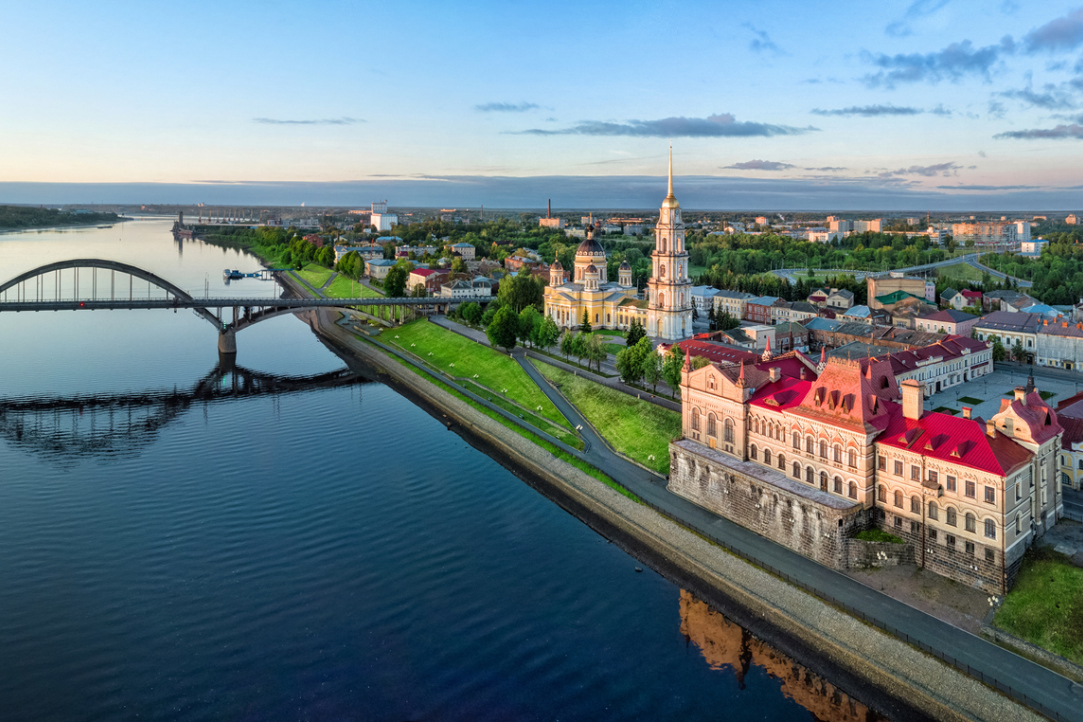
British Scholar on Exploring Russian History
On February 9, the HSE International Laboratory 'Russia’s Regions in Historical Perspective' hosted Janet Hartley (London School of Economics), who presented her recent monograph The Volga: A History of Russia’s Greatest River. The presentation was part of a joint lecture series between the Laboratory and The Mikhail Prokhorov Foundation. HSE news service spoke with Janet Hartley about her interest in Russia, her experience travelling and doing research in Russia, and the books she has written on Russia.
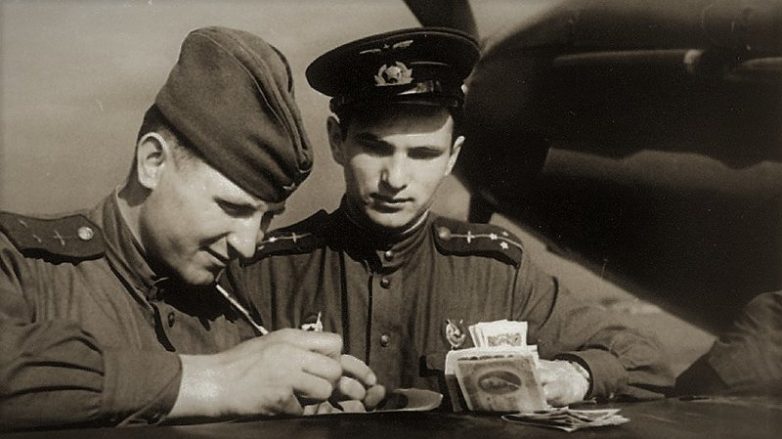
Financial Front: The USSR State Budget during World War II
After June 1941, the Soviet budget was no longer the same. Marking the end of peaceful life, budget revenues dwindled, and the Treasury was drained of billions of rubles. But because the war required money, the government had to find it from somewhere. Oleg Khlevnyuk, Professor at the HSE University’s School of History, examines the Soviet Union’s wartime and post-war financial policies in his paper.
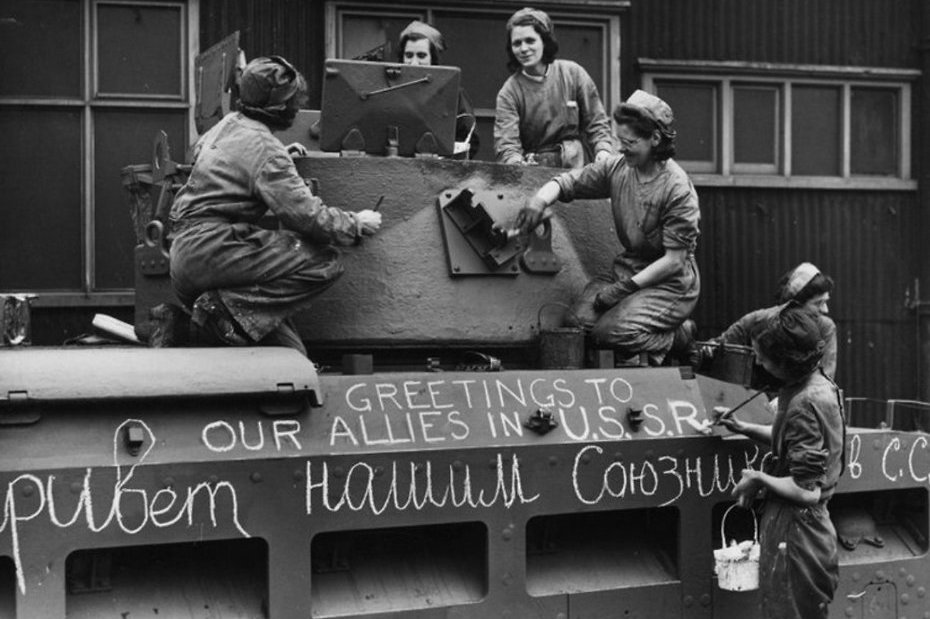
Slut-Shaming by Lend-Lease
Russian women who associated with Soviet allies during World War II were subjected to unusually harsh persecution. This was especially true in the north of the country that saw the arrival of thousands of U.S. and British sailors. For having contact with these foreigners, Soviet women received the same severe punishment meted out to Nazi collaborators: charges of treason and 10 years in a forced labour camp. HSE Associate Professor Liudmila Novikova studied how and why this policy shaped their destinies.
Studying Cultural History of Ethnic Minorities in the USSR
Isabelle R. Kaplan, a Post-Doctoral Research Fellow at the International Centre for the History and Sociology of World War II and Its Consequences, talks about her research on non-Slavic minorities in the Soviet Union in an interview to the HSE Look.
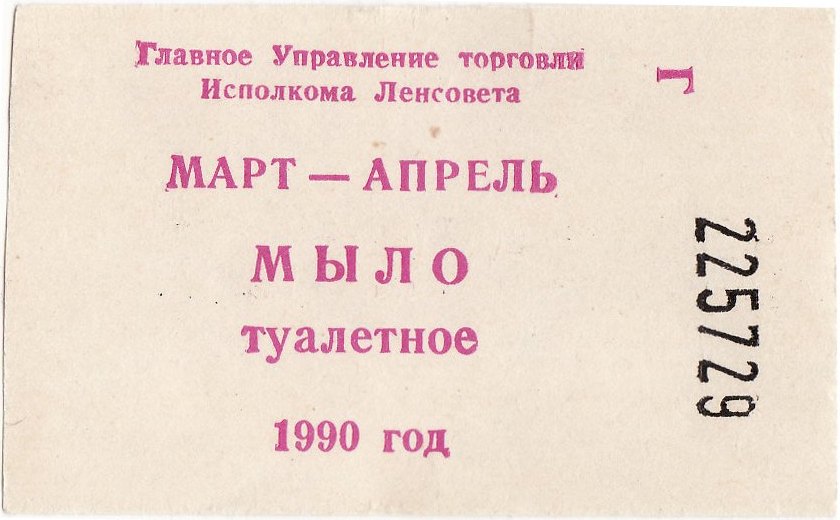
Scarcity Trauma: Why Russia in the 1990s Was not Nostalgic about Soviet Life
In 2001, ten years after the launch of reforms in Russia, 54% of Russians believed the main achievement of the reforms was the availability of consumer goods, rather than freedom of speech or the possibility of travelling abroad. A decade later, public attitudes had not changed, and the availability of goods on store shelves was still perceived as the number one priority. The massive trauma caused by scarcity was particularly strong. How it was addressed and in what way it influenced public attitudes after the USSR collapse is examined in a study by HSE professor Oleg Khlevnyuk.
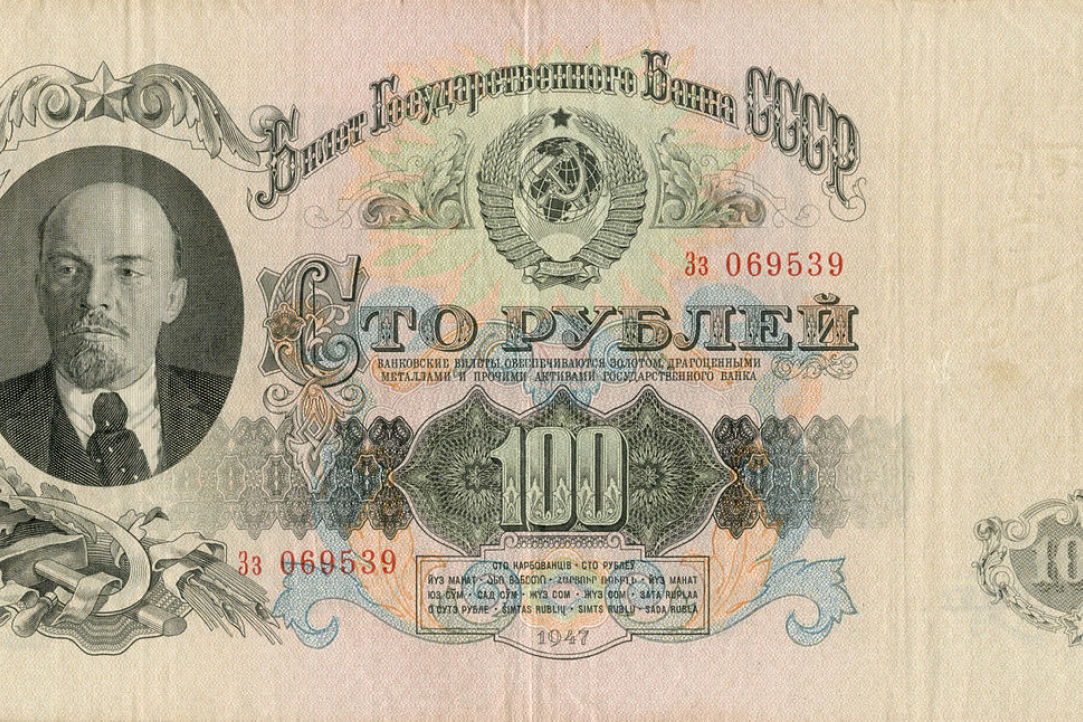
Underground Capitalist in Soviet Russia
Nikolai Pavlenko, a shadow entrepreneur and creator of a successful business in Stalin’s USSR, was executed by firing squad in 1955. Running a successful commercial enterprise right under the dictator’s nose in a strictly planned economy was a striking but not so uncommon case in the Soviet Union at the time, according to HSE professor Oleg Khlevniuk who made a number of unexpected findings having studied newly accessible archival documents. Below, IQ.HSE offers a summary of what his study reveals.
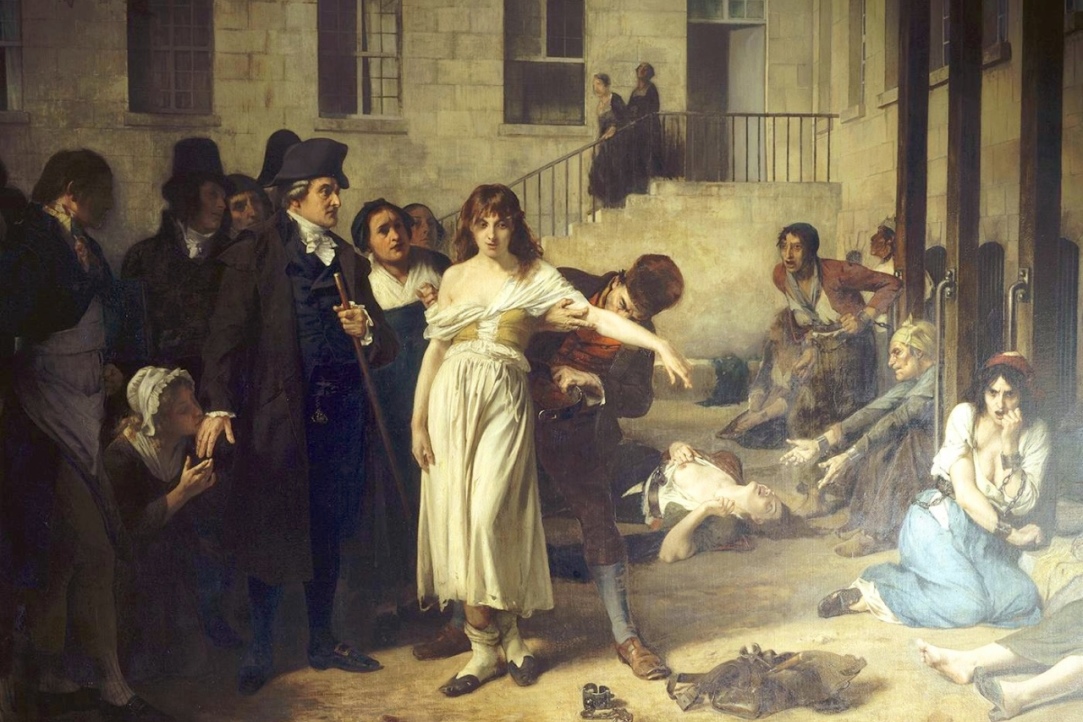
From Chains to Art Therapy: The Evolution of Mental Health Care
Mental health disorders are among the leading worldwide causes of disease and long-term disability. This issue has a long and painful history of gradual de-stigmatization of patients, coinciding with humanization of therapeutic approaches. What are the current trends in Russia regarding this issue and in what ways is it similar to and different from Western countries? IQ.HSE provides an overview of this problem based on research carried out by Svetlana Kolpakova.
.jpg)
Introduction to Daurian Gothic: What It Is and How It Has Emerged in Transbaikalia
Medieval horror, vampires, sorcerers, mysterious monks and the rising dead, alongside real historical figures and stories about the Russian Civil War wrapped in the aura of mysticism – this is perhaps the shortest formula for Daurian Gothic. Alexei Mikhalev, Doctor of Political Science, discusses this phenomenon and its evolution.
Russian and French Scholars Present Research on Soviet History at Graduate Seminar
The International Centre for the History and Sociology of World War II and its Consequences at HSE University held a Graduate Student Seminar in Soviet History together with Sciences Po (France) on June 17 – 18, 2019. HSE News Service spoke with participants and instructors of the seminar, which examinedthe impact of WWII on the Soviet Union and surrounding regions, as well as aspects of the Soviet system from Stalin up to the 1980s.
In Search of Truth in the Pravda Newspaper
On June 24-25, HSE University held the international academic conference, ‘The 1990s: A Social History of Russia’ organized by International Center for the History and Sociology of World World War II and its Consequences, the Boris Yeltsin Center, the Egor Gaider Foundation, and the Friedrich Ebert Foundation. HSE News Service spoke with Roberto Rabbia, one of the international participants, about how he became interested in Soviet history, why he reads Soviet newspapers, and what he has learned from his research.

